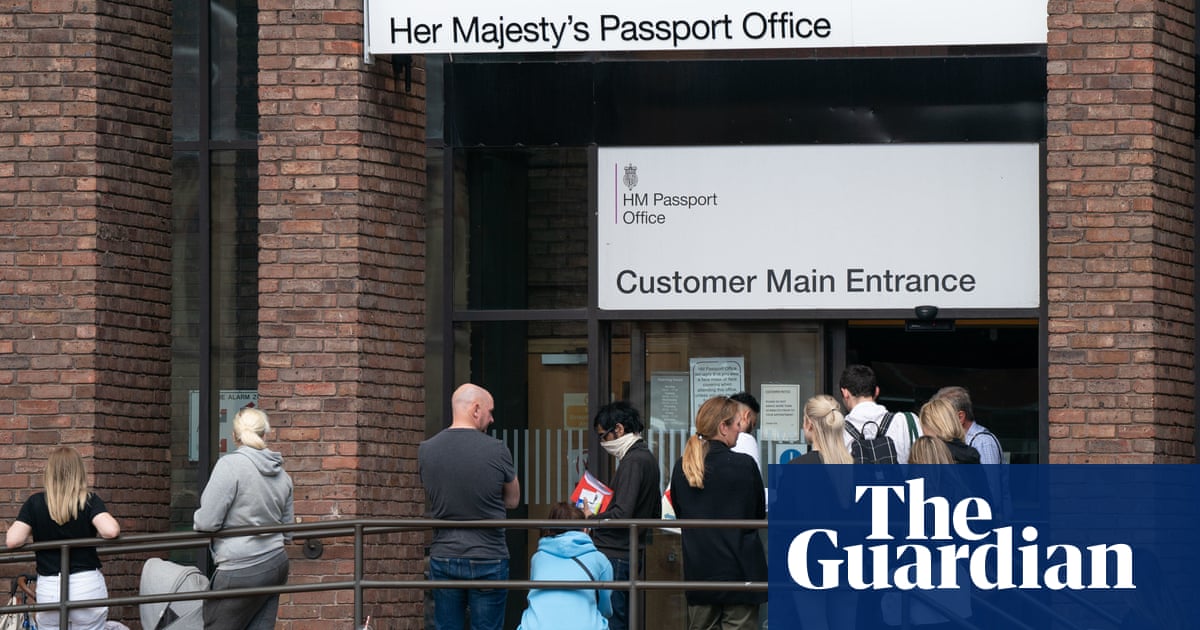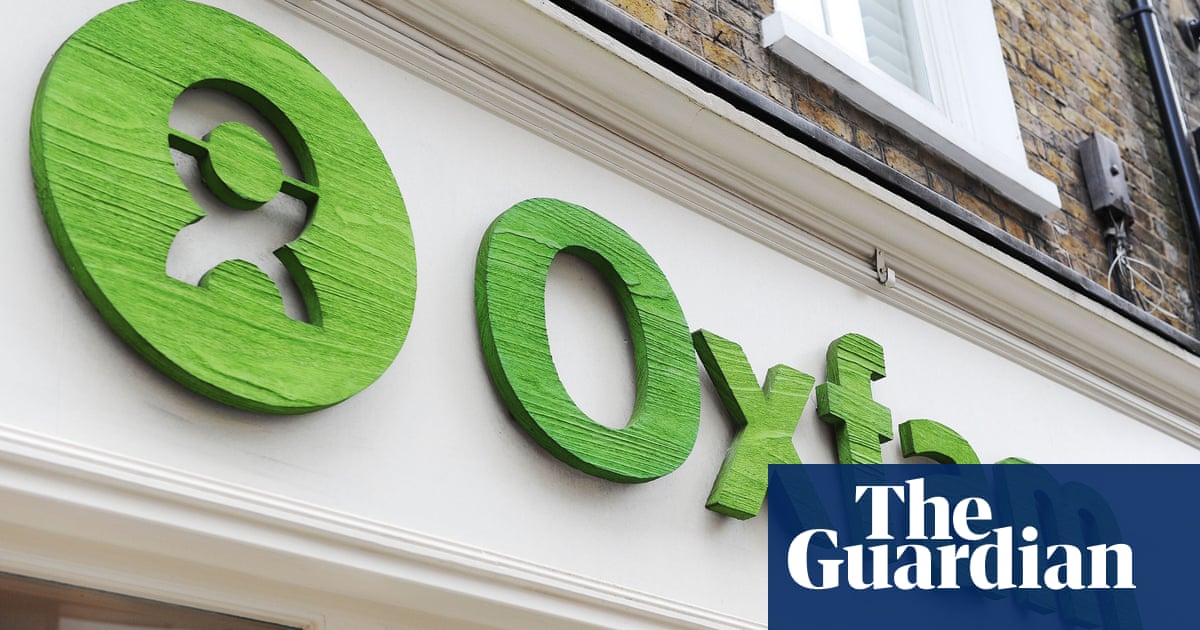
Passport Office workers are to strike for five weeks in an escalation of a dispute over jobs, pay and conditions.
More than 1,000 members of the Public and Commercial Services (PCS) union working in passport offices in England, Scotland and Wales will take part in the action from 3 April to 5 May.
Those working in Durham, Glasgow, Liverpool, London, Newport, Peterborough and Southport will strike from 3 April to 5 May, while those in Belfast will do so from 7 April to 5 May.
The union said the action was a “significant escalation” of its long-running dispute, warning it was likely to have a “significant impact” on the delivery of passports as the summer holidays approach.
The PCS general secretary, Mark Serwotka, said: “This escalation of our action has come about because, in sharp contrast with other parts of the public sector, ministers have failed to hold any meaningful talks with us, despite two massive strikes and sustained, targeted action lasting six months.
“Their approach is further evidence they’re treating their own workforce worse than anyone else. They’ve had six months to resolve this dispute, but for six months have refused to improve their 2% imposed pay rise, and failed to address our members’ other issues of concern.
“They seem to think if they ignore our members, they’ll go away. But how can our members ignore the cost of living crisis when 40,000 civil servants are using food banks and 45,000 of them are claiming the benefits they administer themselves?
“It’s a national scandal and a stain on this government’s reputation that so many of its own workforce are living in poverty.”
The action proposed by Passport Office workers comes after months of strikes over pay in other sectors, such as rail, London Underground, schools, regional BBC journalism and universities.
On Thursday, unions representing healthcare workers in England agreed a final pay offer with the government, which if accepted is hoped to bring an end to strikes by nurses and ambulance workers.
Mike Clancy, the general secretary of Prospect, thousands of whose civil service members went on strike this week, said there was a sense that the government’s own workers were often at the “back of the queue” when it came to pay deals, and he urged ministers to arrange talks to end industrial action “as early as possible next week”.
He said the government should now be looking to make sure the format of its pay deal with the NHS will “read across to its own employees” in the civil service.
Clancy told the Guardian: “There is a recognition in the NHS terms that 22/23 was exceptional and has to still be addressed, and that 23/34 is still a very difficult year, even if there is government hope that there will be a drop in inflation … There has to be a similar structure, and we will then talk about the amounts.
“What I can’t say is that I’ve got an invite to talks and we have been complaining in public about the failure of the government to respond in this way for its own civil servants. But what has been pretty clear in the overall mood music is that the government would want to sort the NHS first, and I think the teaching unions are having conversations.
“I really now expect an invite from the government to talk about its own employees, and that better be as early as possible next week. What we have to judge is whether there is sufficient for us to enter discussions and take a view on what we do in terms of our own action.”












